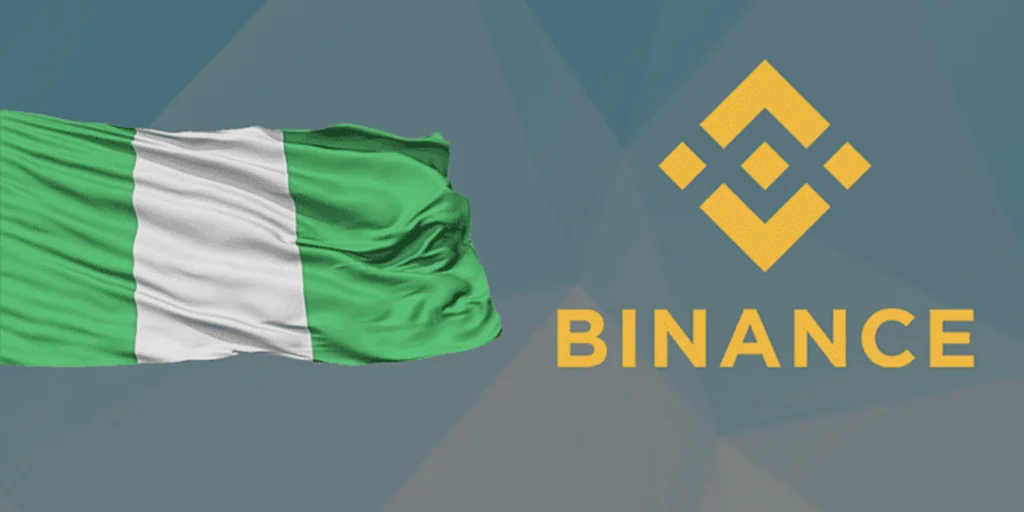Binance is facing more scrutiny in Nigeria, the governor of CBN Raises Concerns About ‘Suspicious Flows’ of Funds Through Binance in 2023.

Governmental agencies such as the Securities and Exchange Commission are suspiciously observing the cryptocurrency exchange.
According to CBN Governor Olayemi Cardoso, cryptocurrency exchanges in Nigeria are suspect. On 27th February, he told the local press, “We are concerned that certain practices go on that indicate illicit flows going through a number of these entities, suspicious flows at best,” What he stated was:
“In the case of Binance, in the last one year alone, $26bn has passed through Nigeria from sources and users who we cannot adequately identify.”
“There’s a lot that is going on now as a result of collaboration between the different agencies, which includes EFCC [Economic and Financial Crimes Commission], the police, and of course, the office of the NSA [National Security Adviser],” he further elaborated.
Additionally, reports indicate that in the capital city of Abuja, the NSA office detained and seized the passports of two Binance executives. Both the United States and the United Kingdom recognize them as citizens.
On 21 February, Nigeria blocked Internet access to Binance and other cryptocurrency exchanges in response to presidential adviser Bayo Onanuga’s allegation that these platforms were manipulating the national currency. Binance had previously imposed limitations on Tether USDT.
''in the case of Binance, In the last one year, 26 billion dollars has passed through Binance Nigeria from sources and users who we cannot adequately identify.''
CBN Governor, Olayemi Cardoso pic.twitter.com/A6O2wlsY5M
— Channels Television (@channelstv) February 27, 2024One report indicates that on 27th February, Binance, Forextime, OctaFX, Crypto, FXTM, Coinbase, Kraken, and additional cryptocurrency exchanges were blocked. On 27th February, the Nigerian naira reached an all-time low against the U.S. dollar.
In December, the CBN simultaneously lifted a two-year prohibition on banks conducting cryptocurrency transactions and issued regulations for virtual asset service providers.
In 2022, Nigeria followed suit as the second nation to introduce a central bank digital currency. Also this month, the Africa Stablecoin Consortium introduced the cNGN stablecoin, anchored to the naira, in a sandbox used by the CBN regulator.

